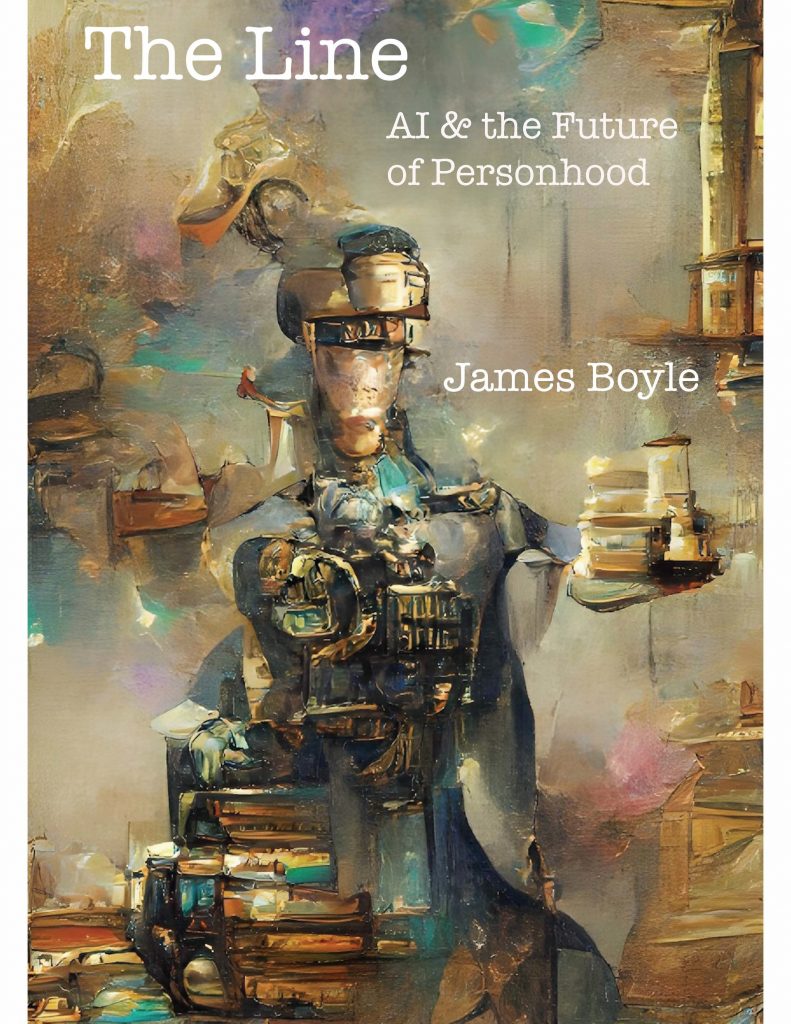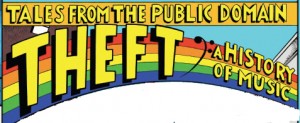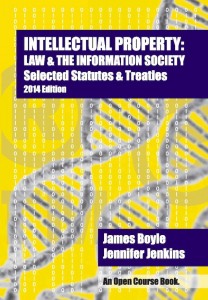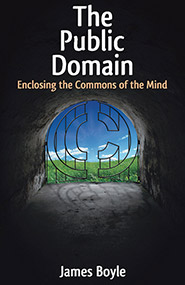Some of you report difficulties getting access to my FT piece. Thankfully, the FT agrees to let me keep copyright in my articles another reason to subscribe. Thus, after a short interval, I can make them available on this site.. More columns can be found here
Obama’s Mixed Record on Tech Policy
By James Boyle
Let us start 2010 with some good news. In June of last year, I wrote about the Obama Administration’s record on technology policy. There was much to praise in the reinvigoration of the FCC’s commitment to “net neutrality,” (the commitment to a non-discriminatory internet) and a lot to hope for in terms of patent policy.
Unfortunately, in the copyright realm, the Obama administration had devoted itself, like its predecessors, largely to a content industry agenda which has given us mind-numbingly long copyright terms, intrusive legally backed digital rights management, and even a new proposal to cut individuals off from the internet simply for being accused, three times, of illicit downloading.
But the low point, as I noted, was that – even though 95 per cent of all the books in the world are unavailable to the visually impaired – the United States (and the EU) were opposing a treaty which would create a very limited exception to copyright to help visually impaired citizens. (For example, allowing people to generate a machine-readable audio book, or a Braille version, from a legally purchased digital text.)
The opposition to this proposal was not really on the ground of its effects. Most of those opposing it agreed that it would have almost no detrimental market effect whatsoever. It was that it represented an unacceptable principle – namely that a civilized copyright system demanded both rights and limitations on rights – such as fair use, fair dealing and the rights of the visually impaired.
That principle, the radical notion of “balance,” was anathema to the copyright ideologues. If it was necessary to sacrifice one’s visually impaired citizens to the idea of absolute copyright, then that was the price we must pay. That was the position as of June.
The good news? In December of 2009 the United States changed its position. Speaking at the World Intellectual Property Organization, Justin Hughes, a very distinguished and impressive senior advisor in the Department of Commerce, broke new ground. “We recognize that some in the international copyright community believe that any international consensus on substantive limitations and exceptions to copyright law would weaken international copyright law… The United States does not share that point of view.” The US, it seems, could actually stand up for the principle of a balanced copyright policy – at least in the context of the visually impaired.
It is a mark of how reduced our expectations have been in copyright law that this seemed like a great victory. When the decision not to throw the blind under the copyright juggernaut counts as enlightened policy, it tells one a lot. But I am a great believer in praising policy makers for doing the right thing, so kudos to Mr. Hughes and the Obama administration for having the spine to take a stand on principle. (EU policy makers might study the process to their advantage. The process of evolution from invertebrate to vertebrate is an exciting one.) Let us hope these words turn into real achievements for the visually impaired.
But sadly the rejoicing must have limits. Those of you who use that useful communications network known as “the Internet” might be interested to know that a treaty that could profoundly affect your rights is now being negotiated by a group of developed states including the United States and the EU. What is in the treaty? Well, that is something of a mystery. The treaty in question is called ACTA, the Anti-Counterfeiting Trade Agreement. When Knowledge Ecology International filed a Freedom of Information Act request for the draft of the treaty, the Obama Administration refused, claiming that this was “information that is properly classified in the interest of national security.”
Both the US and the EU have defended the secrecy and argued that by disclosing details to a few hand-picked ”stakeholders” – mainly industry representatives and a few NGO’s – they were actually being sufficiently transparent. Their commitment to transparency and democratic debate is so great that, in order to see the document, all participants were required to sign stringent non disclosure agreements.
From the leaks that have emerged it is clear that this treaty would reshape copyright law in both the US and the EU, largely at the behest of that same industry agenda that opposed the treaty for the visually impaired. Proposals include fines and imprisonment for non commercial file-sharing, increasing the liability of internet service providers for copyright infringements by their customers and much more.
Of course, if this were to be debated in public in London or Paris or Washington, those proposals would meet with furious objections by everyone from civil libertarians to the communications and consumer electronics industry. But that is exactly the point. The lesson of the Visually Impaired Treaty is that public pressure can have a benign effect on copyright policy, strengthening the hands of good, worthy public servants who actually want to do the right thing, but otherwise must dance to the content industry’s tune. That’s good news. The lesson of ACTA is that the content industry knows this very well. Which is why ACTA is being negotiated in secret. And that is very bad news for everyone who cares about not just copyright, but democracy.
James Boyle is William Neal Reynolds Professor of Law at Duke Law School, and author of The Public Domain: Enclosing the Commons of the Mind which can be freely downloaded at https://thepublicdomain.org









[…] Update — FT article full text Unfortunately, in the copyright realm, the Obama administration had devoted itself, like its predecessors, largely to a content industry agenda which has given us mind-numbingly long copyright terms, intrusive legally backed digital rights management, and even a new proposal to cut individuals off from the internet simply for being accused, three times, of illicit downloading. […]